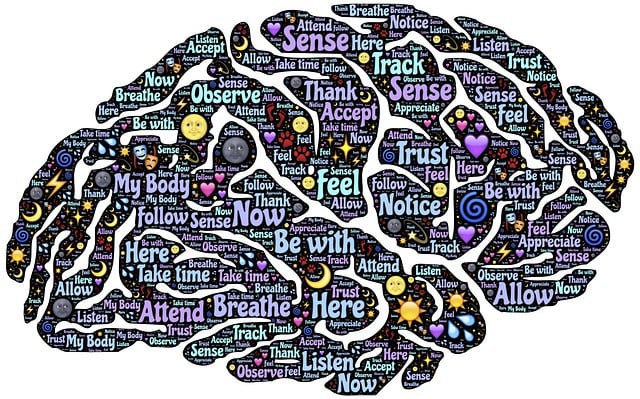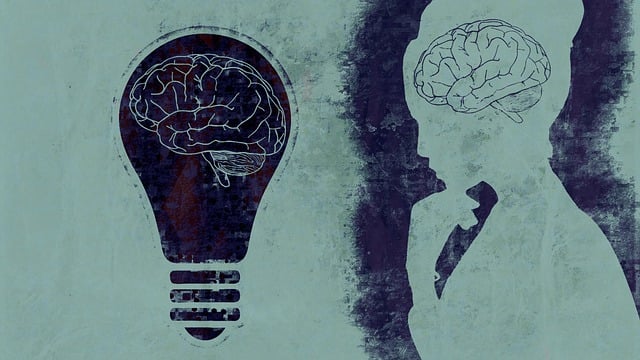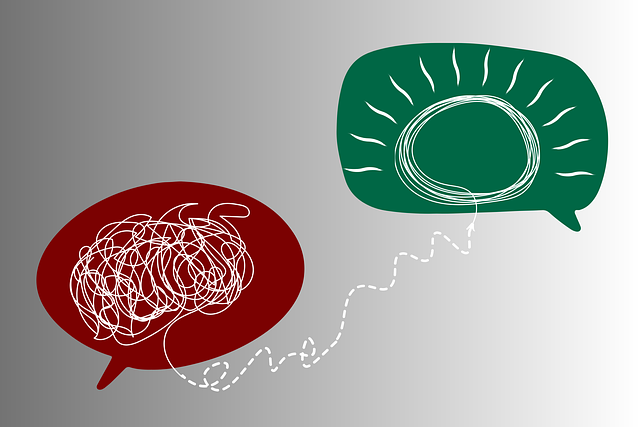Northglenn Conduct Disorder Therapy (NCDT) enhances community well-being through innovative outreach programs that holistically address behavioral and mental health issues. By focusing on empathy, compassion, and tailored education, NCDT reduces stigma, improves access to care, and boosts the mental wellness of Northglenn residents. Targeted initiatives consider unique demographic needs, offering youth and adult programs addressing self-esteem, self-awareness, and support networks. Cultural competency ensures inclusive participation, while evaluation methods measure program impact for continuous improvement.
Northglenn Conduct Disorder Therapy introduces a comprehensive community outreach program aimed at fostering positive change. By understanding the unique needs of diverse neighborhoods, we identify target communities for tailored interventions. Through collaborative design, we create engaging programs and activities that address conduct issues effectively. This strategic approach ensures measurable impacts, sustaining our efforts to make Northglenn a safer, more supportive environment for all residents.
- Understanding Community Outreach for Northglenn Conduct Disorder Therapy
- Identifying Target Communities and Needs
- Designing Effective Programs and Activities
- Measuring Impact and Sustaining Outreach Efforts
Understanding Community Outreach for Northglenn Conduct Disorder Therapy

Community outreach programs play a pivotal role in Northglenn Conduct Disorder Therapy (NCDT), offering a holistic approach to addressing behavioral and mental health challenges within the community. NCDT recognizes that understanding the unique needs of its target audience is essential for effective intervention. Through tailored Empathy Building Strategies and Compassion Cultivation Practices, these programs aim to foster positive connections between therapists and individuals from diverse backgrounds.
The design of Mental Health Education Programs is a key component, empowering community members with knowledge about conduct disorders and promoting early identification. By engaging in targeted outreach initiatives, NCDT strives to reduce stigma, improve access to care, and ultimately enhance the overall well-being of Northglenn residents.
Identifying Target Communities and Needs

When implementing community outreach programs, particularly those focused on Northglenn Conduct Disorder Therapy, identifying target communities and their specific needs is a crucial first step. This involves understanding the demographic makeup of the area, including age groups, socioeconomic backgrounds, and cultural diversity. By pinpointing these factors, organizers can tailor interventions to resonate with each community’s unique challenges. For instance, programs targeting youth might emphasize self-esteem improvement and fun, engaging activities, while initiatives for adults could focus on fostering self-awareness exercises and building supportive networks.
The mental wellness of the targeted communities should also be considered. Some groups may face higher rates of conduct disorders due to lack of access to quality therapy or other mitigating factors. Incorporating Northglenn Conduct Disorder Therapy into community outreach ensures that individuals receive the necessary support for behavioral issues, fostering a healthier and more resilient community overall. This holistic approach not only addresses immediate needs but also promotes long-term mental wellness and self-awareness.
Designing Effective Programs and Activities

When designing community outreach programs like Northglenn Conduct Disorder Therapy, the focus should be on creating impactful and engaging activities that cater to diverse needs. Effective programs go beyond simple awareness campaigns; they integrate mental health education into accessible platforms. This could involve interactive workshops, group discussions, or even sports leagues aimed at promoting emotional regulation and coping mechanisms. The key lies in making these initiatives enjoyable and relevant to the community, fostering a sense of belonging and empowerment.
Incorporating Healthcare Provider Cultural Competency Training is essential for ensuring programs resonate with various cultural backgrounds. By sensitizing practitioners and organizers to different perspectives, activities can be tailored to address specific needs without perpetuating stereotypes. This inclusive approach not only enhances program effectiveness but also builds trust between the community and mental health services, ultimately improving accessibility and outcomes for Northglenn Conduct Disorder Therapy participants.
Measuring Impact and Sustaining Outreach Efforts

Measuring the impact of community outreach programs, such as Northglenn Conduct Disorder Therapy initiatives, is vital for understanding their effectiveness and sustaining long-term efforts. By implementing robust evaluation methods, mental health professionals can assess the reach, engagement, and outcomes of these programs. This process involves tracking key performance indicators (KPIs) that go beyond simple attendance numbers. For instance, in Northglenn, therapists might measure changes in participants’ behavior, emotional regulation skills, or levels of anxiety relief over time.
Regular assessments enable organizations to adapt their communication strategies and tailor interventions based on the identified needs. Moreover, these evaluations provide a risk assessment for mental health professionals, helping them refine their approaches and ensure better support for both clients and community members. Ultimately, continuous evaluation ensures that outreach efforts remain relevant, impactful, and aligned with the evolving needs of the Northglenn community.
Implementing community outreach programs for Northglenn Conduct Disorder Therapy requires a strategic approach, from understanding local needs to designing engaging activities. By identifying target communities and measuring impact, these initiatives can foster positive change and enhance access to mental health resources. Continuous evaluation and adaptation are key to sustaining these efforts, ensuring that Northglenn Conduct Disorder Therapy remains a vital and accessible support system for the community.














